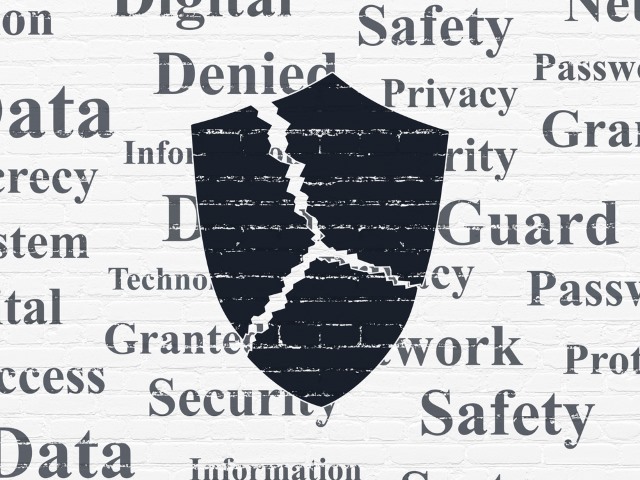
The Information Technology and Innovation Foundation (ITIF), a nonpartisan research and educational institute and policy think tank, today became the latest to come out and urge the US government not to limit the commercial use of encryption.
In its new report, entitled Unlocking Encryption: Information Security and the Rule of Law, co-author Alan McQuinn -- an ITIF research assistant -- argued that restricting encryption for use by law abiding citizens and businesses would reduce overall security and be ineffective at keeping encryption out of the hands of terrorists.
Furthermore, the report reveals that restricting encryption would instead lead to:
- Decreased security. Encryption, is essential for the broader digital economy and society.
- Decreased US competitiveness. The US tech sector is already losing global market share and this trend will be exacerbated if the U.S. government imposes restrictions on commercial encryption.
"The most prominent voices in the encryption debate argue that we can have strong information security without sacrificing national security, or vice versa. But they are wrong. This is all about tradeoffs", said Daniel Castro, ITIF vice president and the report’s lead author. "We can't possibly know how much terrorism we might prevent by weakening encryption, but we can be sure that the economic and social costs of less secure information technology would be enormous. Today's global economy is built on information technology. Rather than knocking holes in it, the government should be doing everything it can to fortify our digital infrastructure".
The ITIF urges the U.S. government to instead of restricting encryption to rebuild trust and strengthen data security at home; provide law enforcement with new tools to uphold the law, establish clear rules for government hacking and pursue a pro-cybersecurity foreign policy agenda.
Published under license from ITProPortal.com, a Net Communities Ltd Publication. All rights reserved.
Photo credit: Maksim Kabakou / Shutterstock

